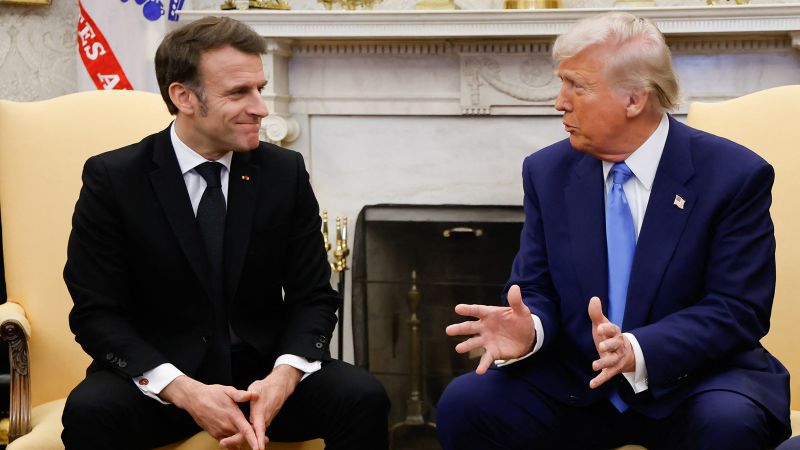Macron's Diplomatic Dance: Can Biden and Trump Bridge the Ukraine Divide?

Donald Trump's presidency has dramatically reshaped America's global standing, fundamentally altering the nation's international relationships and diplomatic approach in ways that will likely reverberate for years to come.
From the moment he took office, Trump challenged long-established diplomatic norms, pursuing an "America First" strategy that prioritized national interests over traditional multilateral cooperation. His unconventional approach transformed how the United States engages with allies and adversaries alike, creating seismic shifts in global geopolitics.
Key transformations include his aggressive stance on trade, reimagining international agreements like NAFTA, and imposing unprecedented tariffs on global economic partners. His direct confrontation with China's trade practices marked a significant departure from previous administrations' more nuanced approaches.
In foreign policy, Trump redefined diplomatic engagement, breaking from traditional diplomatic protocols. His direct negotiations with North Korea's Kim Jong-un, unprecedented summit meetings, and willingness to challenge international institutions like NATO represented a radical departure from established diplomatic practices.
The Trump era also saw a fundamental recalibration of America's global relationships. Traditional alliances were strained, with the president openly criticizing long-standing partners while pursuing more transactional diplomatic relationships. His approach challenged the post-World War II international order, signaling a potentially permanent shift in how the United States perceives its global role.
These transformations have left an indelible mark on America's international reputation, creating a legacy that will continue to influence global diplomacy long after his presidency.

